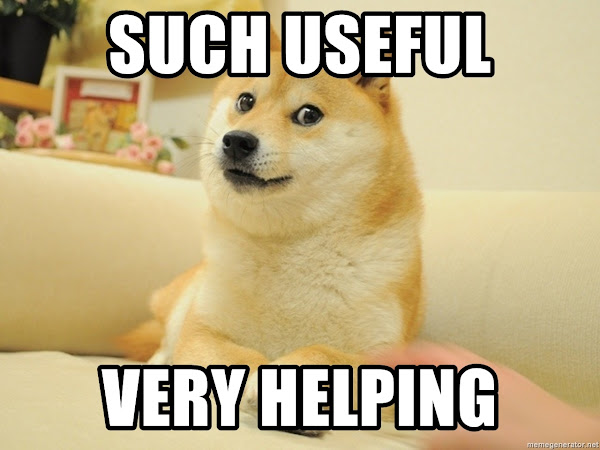Why Lambda
To some people, lambda may seem like syntax sugar, but it is more than that. If you have to repeat some codes with minor modification, you can leverage on the power of lambda.
Let’s take a look at an example. Imagine we have a function that takes a list of Int and returns a list of even number.
fun filterForEven(nums: List<Int>): List<Int> {
val result = mutableListOf<Int>()
for (i in nums) {
if (i % 2 == 0) result += i
}
return result
}
Now, we have another function that takes a list of Int and returns a list of numbers which are positive number.
fun filterForPositive(nums: List<Int>): List<Int> {
val result = mutableListOf<Int>()
for (i in nums) {
if (i > 0) result += i
}
return result
}
Those two functions can be replaced with
nums.filter { it % 2 == 0 }
nums.filter { it > 0 }
This lambda expression is clearer, more concise and avoids repetition. Both use the same filter function with different predicate.
This is one of the main shining example of functional programming, of which map and filter are great examples. Functional programming usually solves problems in a small steps and trivial. However once you have a collection of these small, well-tested solutions, you can combine them with your code to create your code more robust and more quickly.
Reusability of Lambda
You can store a lambda in a val or var. This allows us to reuse of the lambda by passing it as an argument. For example,
val isEven = { item: Int -> item % 2 == 0 }
list.filter(isEven) // returns a list of even number
list.any(isEven) // returns if the list contains even number
Accessibility outside scope
Another important quality of lambda is the ability to access/refer to the elements (variables) outside the lambda scope.
When a function “closes over” or “captures” the elements in its environment, we call it a closure
Take note that lambda and closure are two distinct features and not to mix it up. lambda is a low ceremony function with no name and minimum amount of code. You can read more here. closure is the concept that the functions that can access and modify properties defined outside the scope of the function.
When a language support closure, it will work like this:
val a = 10 nums.filter { it > a } Even though a is not within the scope of filter lambda, the function is able to access the value of a.
To demonstrate on the closure without lambda, consider the code below.
var x = 1
fun upX() {
x++
}
main() {
upX() // x will become 2
}
The function upX() is able to modify/access to the variable x even thought x is outside the scope of upX().
Summary Lambda is not just a sugar syntax for function. It is small, but very useful when you are duplicating code with minimal modification. With many lambda functions on hand, your development will be clearer, more concise and easy/fast to develop.
